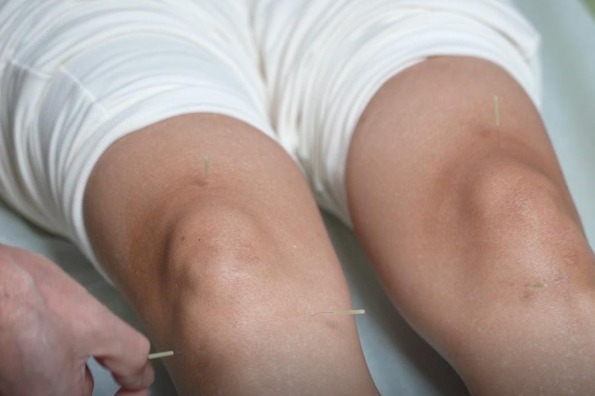TCM herb becomes ISO certified

SHANGHAI -- Dried Angelica sinensis root, a herb commonly used in Traditional Chinese Medicine (TCM) prescriptions, has been issued an international standard certified by the International Organization for Standardization.
The formulation and promulgation of the international standard of the medicinal herb can help ensure the quality and safety of TCM in international trade, said Xu Hong, a researcher of the Shanghai University of Traditional Chinese Medicine, who participated in the ISO certification project.
The ISO approved in 2009 China's proposal to formulate a standard for the TCM herb of Angelica sinensis, and nominated experts from China, Canada, Australia, Japan and the Netherlands to join the project team.
Xu said the ISO certification sets the standard for Angelica sinensis from the aspects of physical and chemical indexes, packaging and storage as well as pesticide and heavy metal control indexes, which will play an important role in enhancing the international trade of Angelica products and sharing the benefits of TCM around the world.
Angelica sinensis root is commonly used in TCM prescriptions for its ability to enrich blood, promote blood circulation, regulate menstruation and relieve pain. Clinically, it is commonly used for treating blood deficiency, vertigo, palpitations, irregular menstruation, amenorrhea and other conditions.
People in the western Chinese provinces of Gansu, Yunnan and Sichuan have the tradition of planting the herb and collecting wild specimens, and the herb has enjoyed increasing popularity in foreign markets with exports reaching more than 20 countries in Asia, Europe and North America.
The ISO standard formulation of the herb was led by the Shanghai University of Traditional Chinese Medicine.
This is the second ISO certification work of a TCM herb carried out by the university after it led the work of the ISO certification of isatis root, a herb commonly used for making TCM infusions for treating colds.
TCM, a 2,000-year-old practice, is fundamentally different from modern Western medicine in terms of theoretical concepts, such as the model of the body and origin of diseases.
TCM has gained increasing public attention after Chinese pharmacist Tu Youyou was awarded the 2015 Nobel Prize in Physiology or Medicine for her work using artemisinin to treat malaria based on a traditional Chinese herb treatment.




